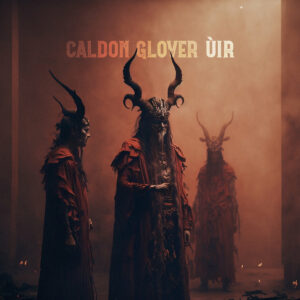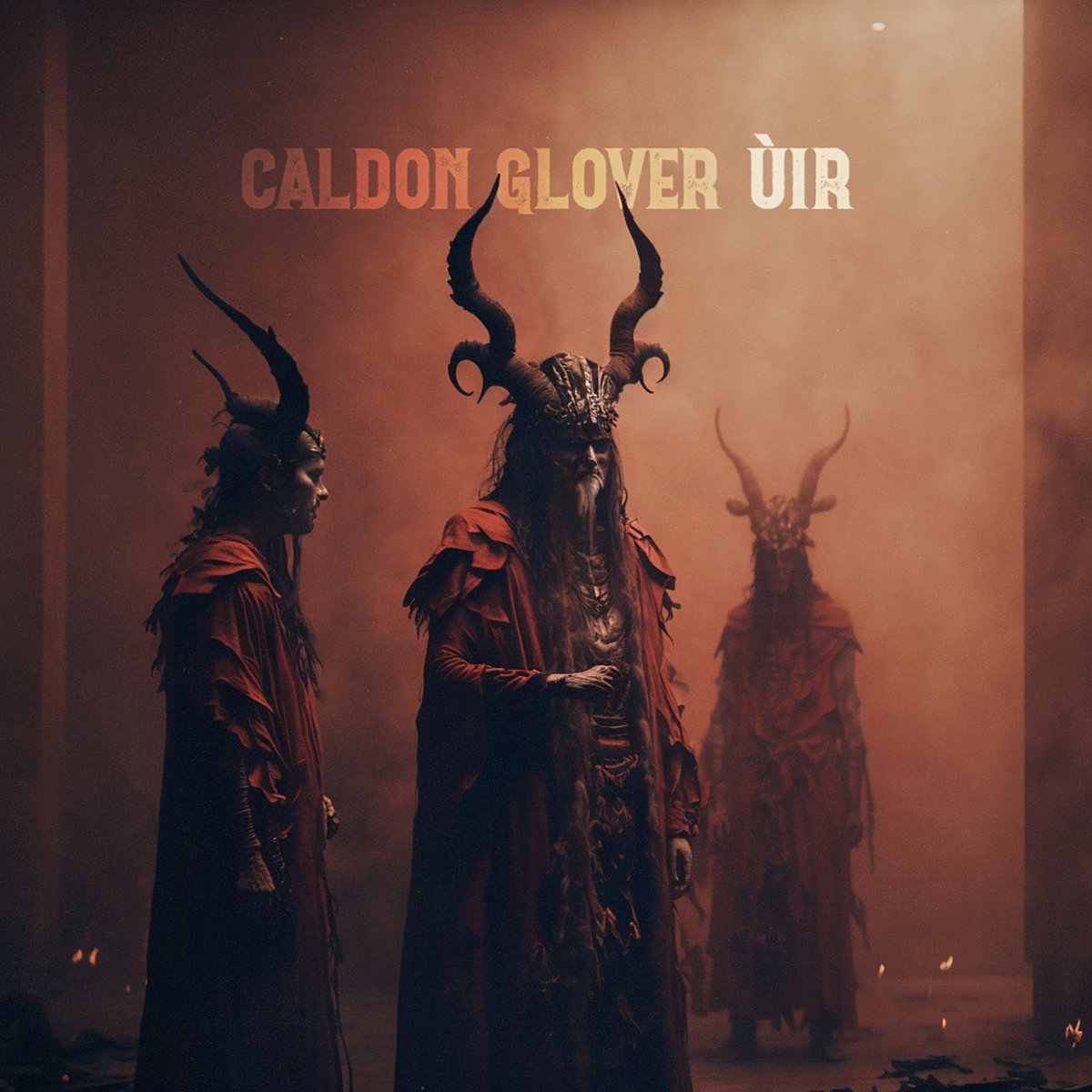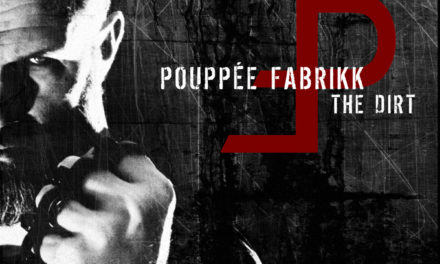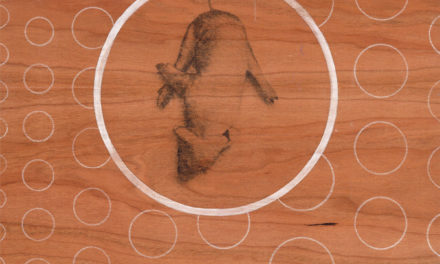
Caldon Glover
Ùir
Cryo Chamber
When we last heard from Arizona’s Caldon Glover, they were making a decisive commitment to the dark ambient dimension of their more broadly experimental catalog with an excellent release on Cyclic Law. Labyrintia represented a technical levelling up as well as an aesthetic consolidation for Glover, both of which are carried forward with a new record on that other big mover within dark ambient, Cryo Chamber.
Switching over from the Lovecraftian themes of its predecessor, Ùir finds Glover digging into Pictish myth and imagery, making Gaelic references to death, exile, and burial in song titles, and even postulating “a timeline where the history of the Picts took a different path”. It’s certainly a different ethos than the metaphysics of cosmic indifference, but one which is well suited to Glover’s approach to sound design, as shown in the muddy slither of “Coilltean” and the sickly harmonics and war drums of “Fògradh”.
The most immediate sonic distinction between Labyrintia and Ùir is in the latter’s use of throat singing as a recurring motif. As intimated while writing about Hem Netjer’s debut, I don’t feel confident in evaluating throat singing on its technical merits (though maybe we’ll have to work on that here at ID:UD HQ if this trend continues). The more tractable issue is whether or not it integrates with and amplifies the broader mood of Ùir‘s compositions, and by that measure pieces like “Tiodhlacadh” and “Coilltean” succeed. If Labyrintia was marked by the contrast between its deep drones and strikingly organic and tactile field recordings and samples, Ùir takes quite a different tack: the timbre of Glover’s quaking, rumbling tones is markedly distinct from the pitched strings and echoing percussion which make up the bulk of the record, but their cadence, yaw, and decay follow similar winding paths.
In his singular linking of metaphysics and archaeology, Urn Burial, Thomas Browne used analyses of burial customs to extrapolate the beliefs and worldviews of corresponding cultures, while also commenting on the strange fate of Roman soldiers given the titular internment while deployed in East Anglia, far from home. Glover is perhaps taking up a project similar to Browne’s in Ùir, with its references to death and departure in a now scarcely legible ancient culture. In reifying and remembering how it observed death, the past returns to life.





